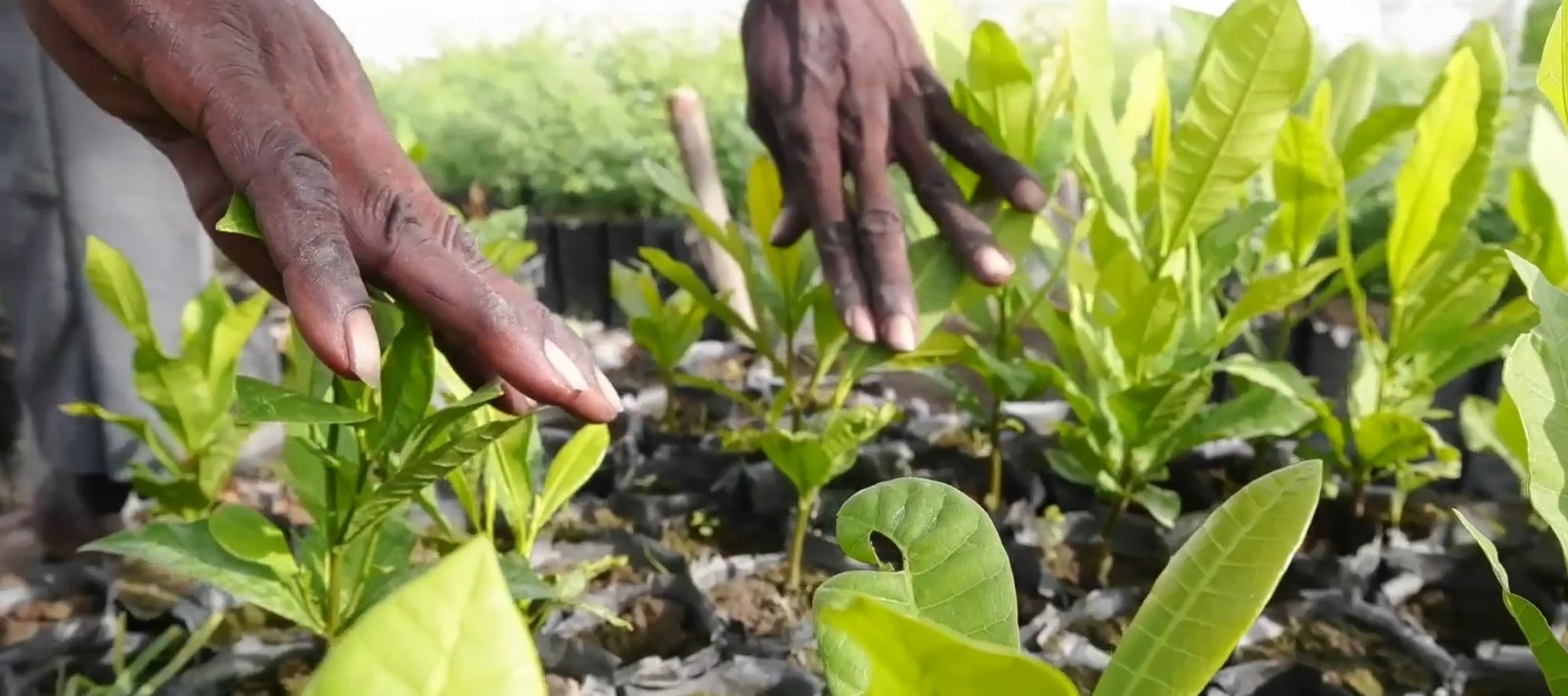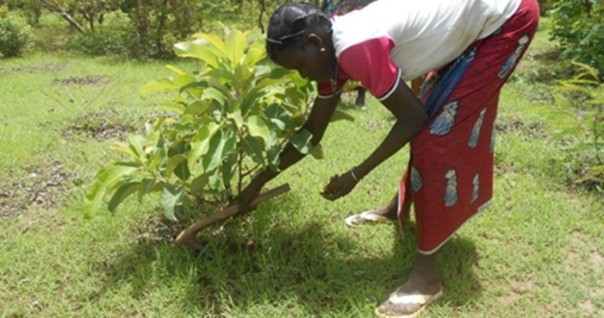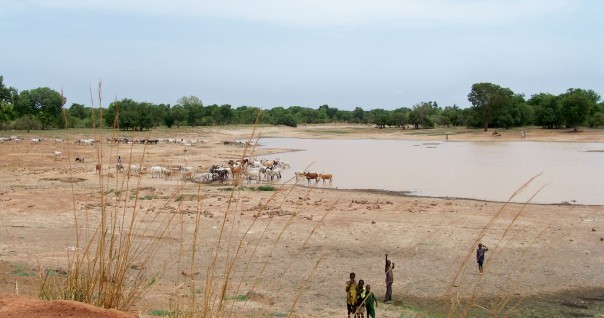

On June 5th, the EU and Burkina celebrated World Environment Day with videos on Protected Areas
In Burkina Faso, the protection of biodiversity has become a major issue and is supported by two projects: PONASI et WAKANDA. While the former is based on the protection of Protected Areas and land use management, the latter is based on strengthening the resilience of local communities from Protected Areas.
Acknowledging the work done so far, our main funding partner, the European Union, said in an article that the global pandemic has had the benefit of showing the inextricable connection between human health and a healthy environment: "The post-Covid recovery should be an opportunity to rebuild greener and more inclusive societies and economies. Europe's objective is for world leaders to find an agreement for ambitious goals for a global environmental protection."
Below a video made for the occasion illustrating the PONASI project:
Preservation and sustainable management of the PONASI complex is based on 3 main axes:
- awareness and involvement of the communities
- development of income-generating activities all year long.
- defense of protected areas to develop tourism
In this video about the WAKANDA project, a nurseryman Atega Oulon and a market gardener, Kakuara Oulon, both from Boli, testify about their contribution to the restoration of degraded areas, which allows:
- a greater financial self-reliance
- an ecological contribution to the protection of biodiversity
- a better education for children with a promising future
WAKANDA-PONASI is an ambitious program from Nitidæ involving nearly 30 team members, but also the following partners: Conservation Justice, Les Anges Gardiens de la Nature (AGN), the Fondation des amis de la Nature (NATURAMA) and the Centre d’Etudes et de Recherches sur le Droit de l’Environnement (CERDE).
Related projects

WAKANDA Landscape (West African Knowledge for Agriculture, Nature and Development Activities) - Participatory management of sustainable development o…
See more
